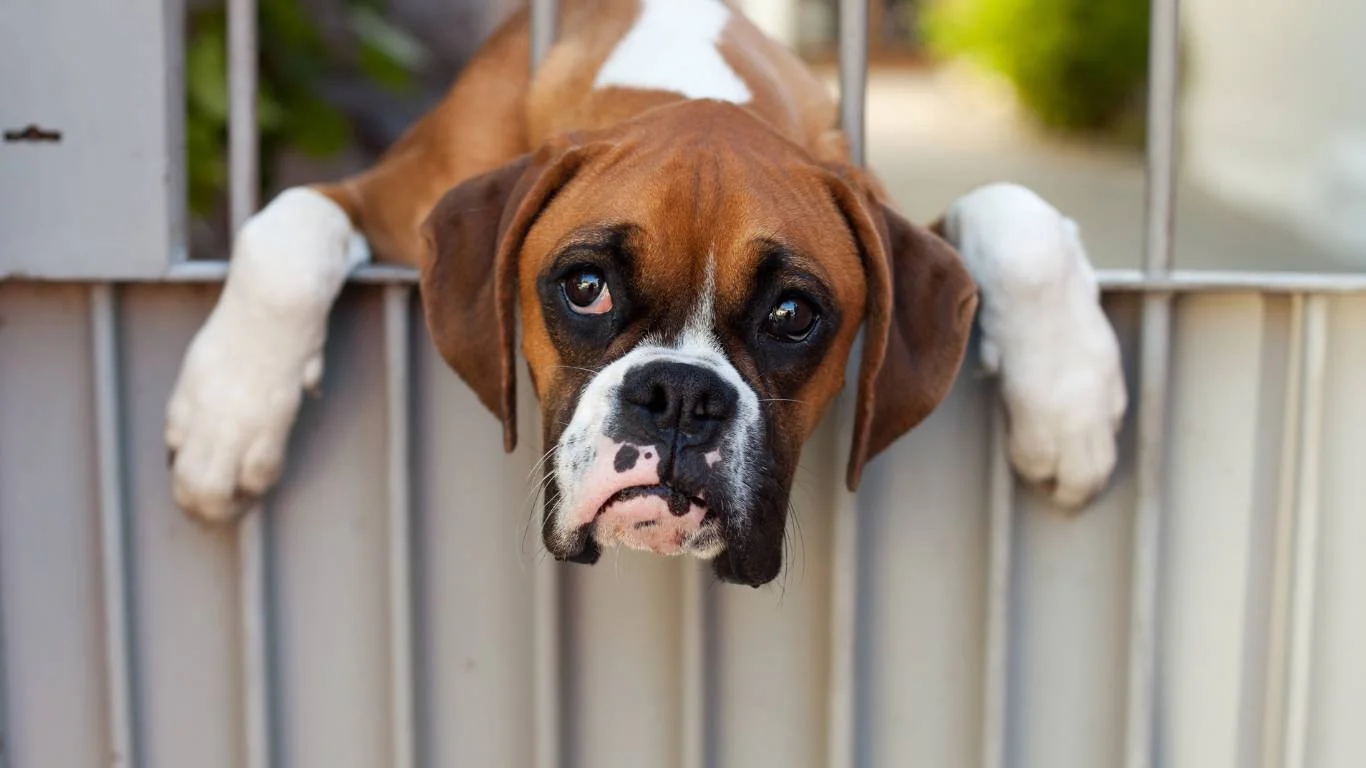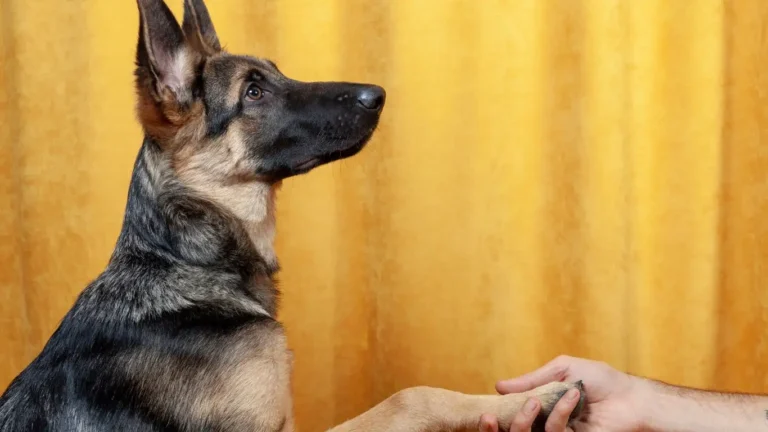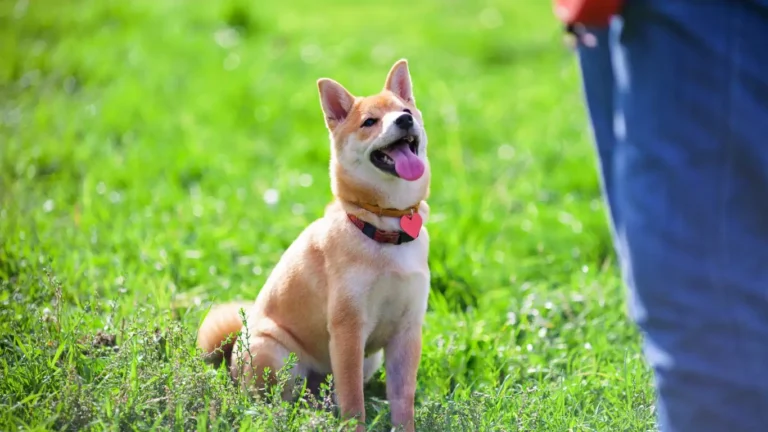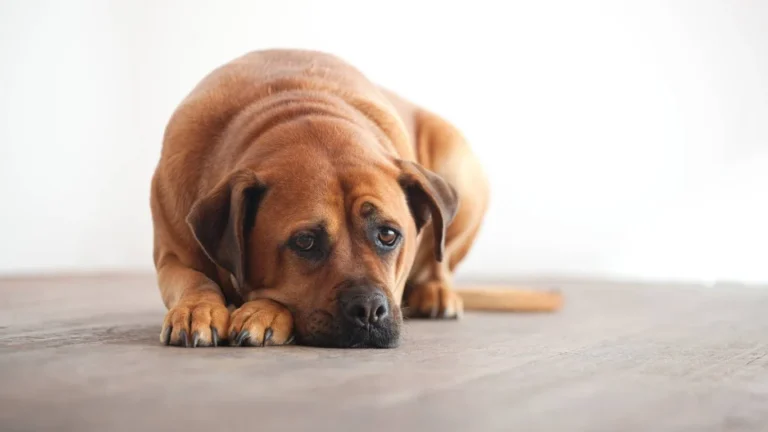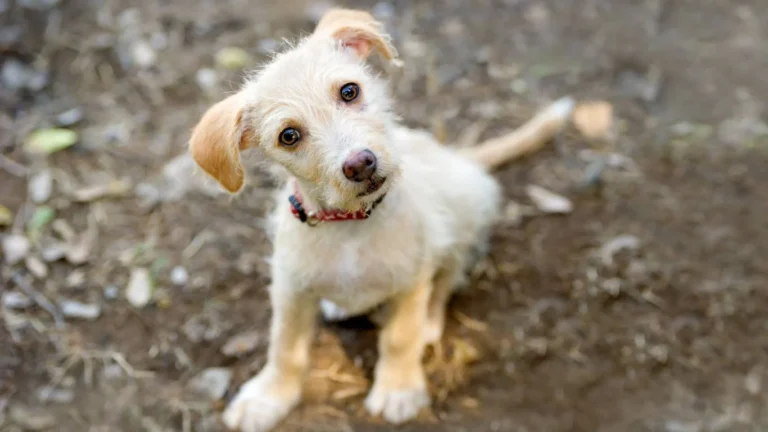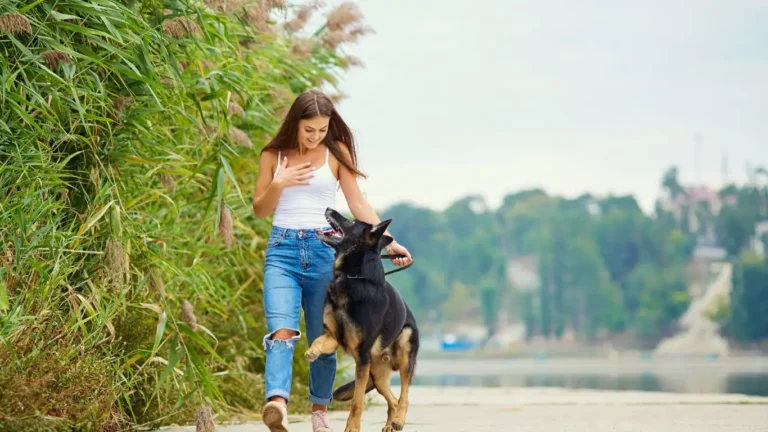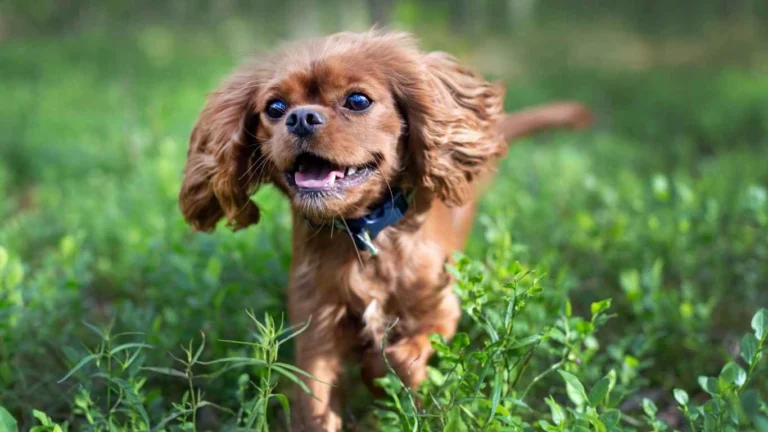Why Does My Dog Eat Their Own Poop? Understanding the Causes & Solutions
As a veterinary assistant with a focus on nutrition, I often get asked a variety of questions from dog owners. One question that seems to pop up regularly is, “Why does my dog eat their own poop?” It might sound like a gross habit, but believe me, you’re not alone if your dog is doing this! This peculiar behavior, also known as coprophagia, can be both confusing and concerning for pet parents. So, why do dogs eat poop, and is it something you should be worried about? Let’s dive into this topic and uncover the reasons behind it.
Understanding Coprophagia: Why Does My Dog Eat Their Own Poop?
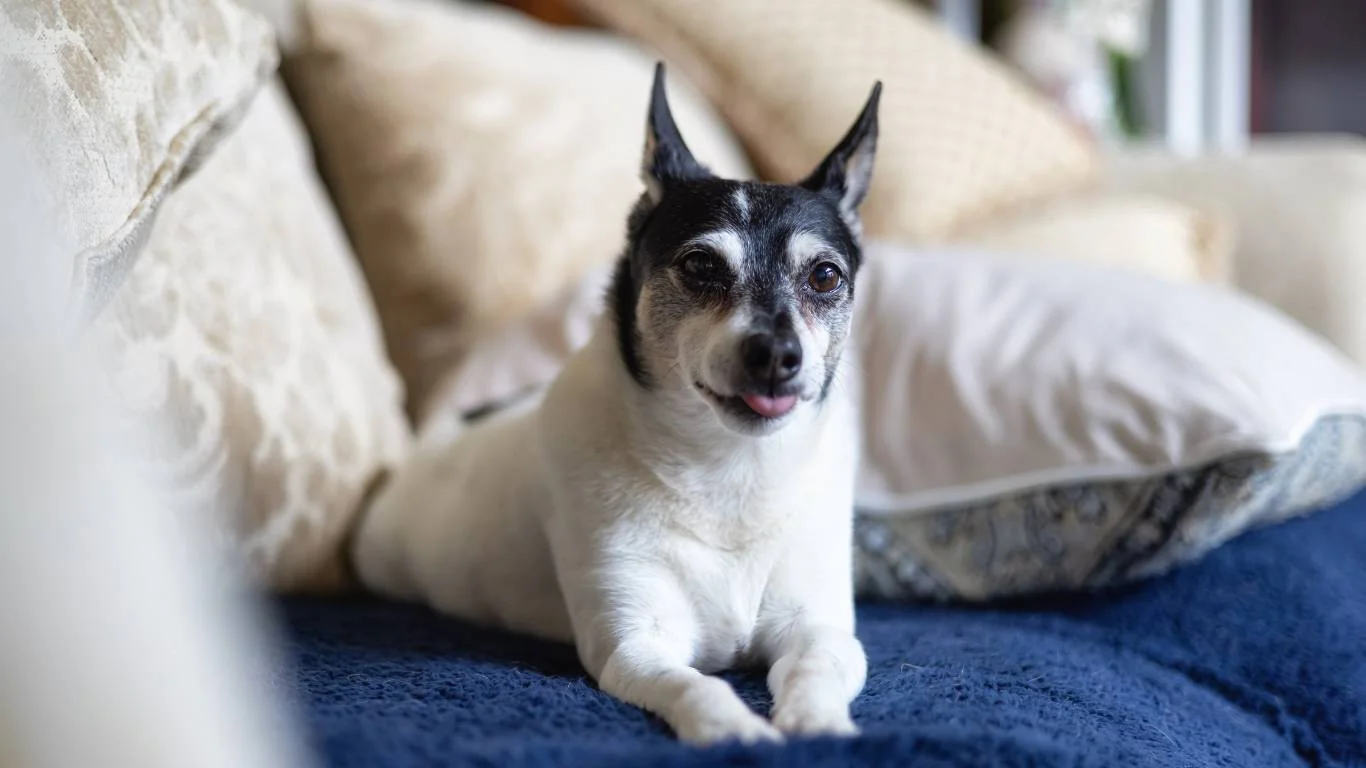
First off, let’s talk about what coprophagia is. This term refers to the act of dogs eating their own feces or the feces of other animals. As unappealing as it may sound, this behavior is actually quite common among dogs, especially puppies and younger dogs. But before you jump to conclusions or panic, it’s important to understand that poop-eating can happen for a variety of reasons—some of which are more common than you might think.
1. Natural Instincts and Evolutionary History
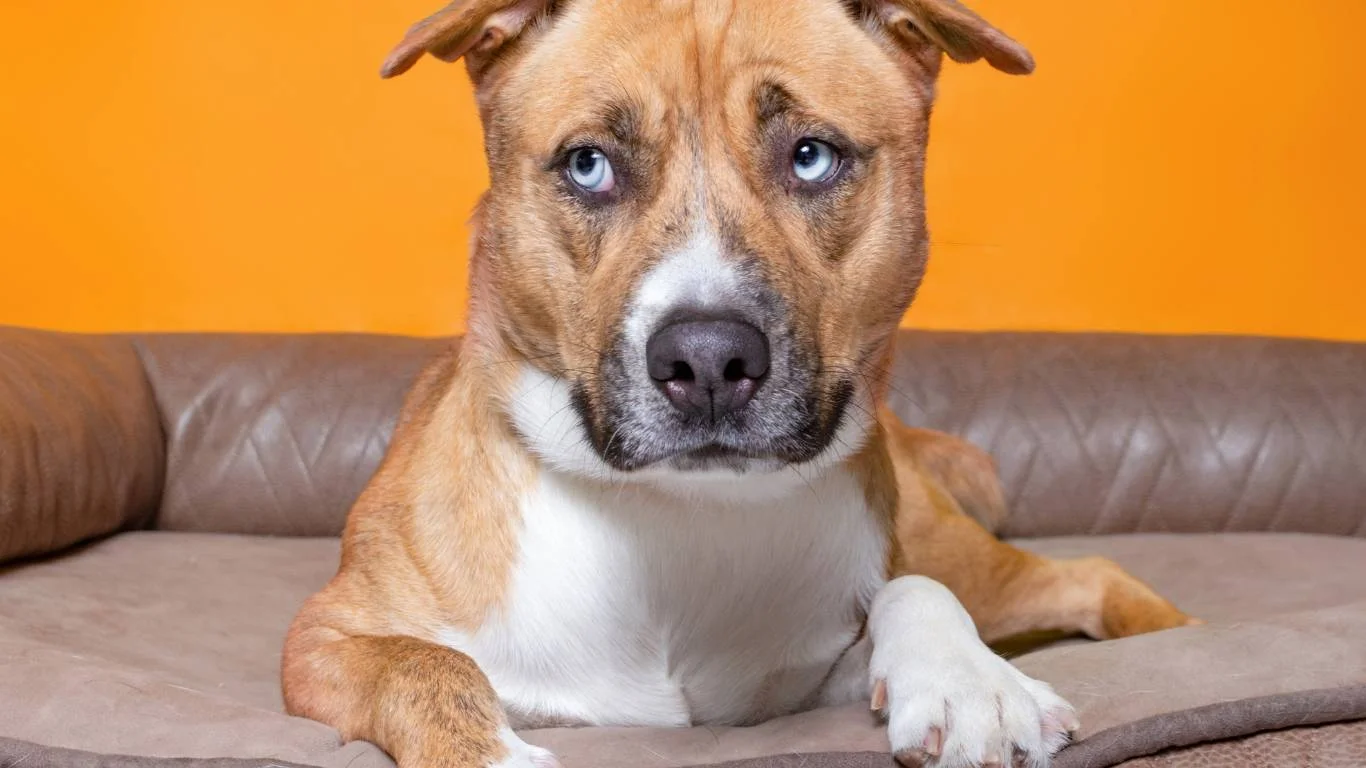
Believe it or not, coprophagia is deeply rooted in a dog’s evolutionary history. In the wild, dogs, like their ancestors, might have consumed feces to keep their living environment clean. Wolves, for instance, have been observed eating their own poop or that of other animals to prevent predators from detecting their presence through scent. While domesticated dogs don’t need to worry about predators, some of that instinct still lingers. It’s important to note that, in certain situations, this behavior could be a throwback to those survival instincts.
2. Nutritional Deficiencies
As a veterinary assistant, I’ve often seen dogs engage in coprophagia due to nutritional imbalances. When a dog’s diet lacks certain nutrients, such as vitamins, minerals, or even enzymes, they might instinctively turn to feces as a potential source of what their body is missing. For example, poop can contain undigested food particles, so if your dog’s digestive system is having trouble processing nutrients properly, they may be more likely to eat feces to compensate for those deficiencies. This can be particularly true if you’re feeding your dog low-quality food or not meeting their specific dietary needs.
3. Medical Conditions That Cause Coprophagia
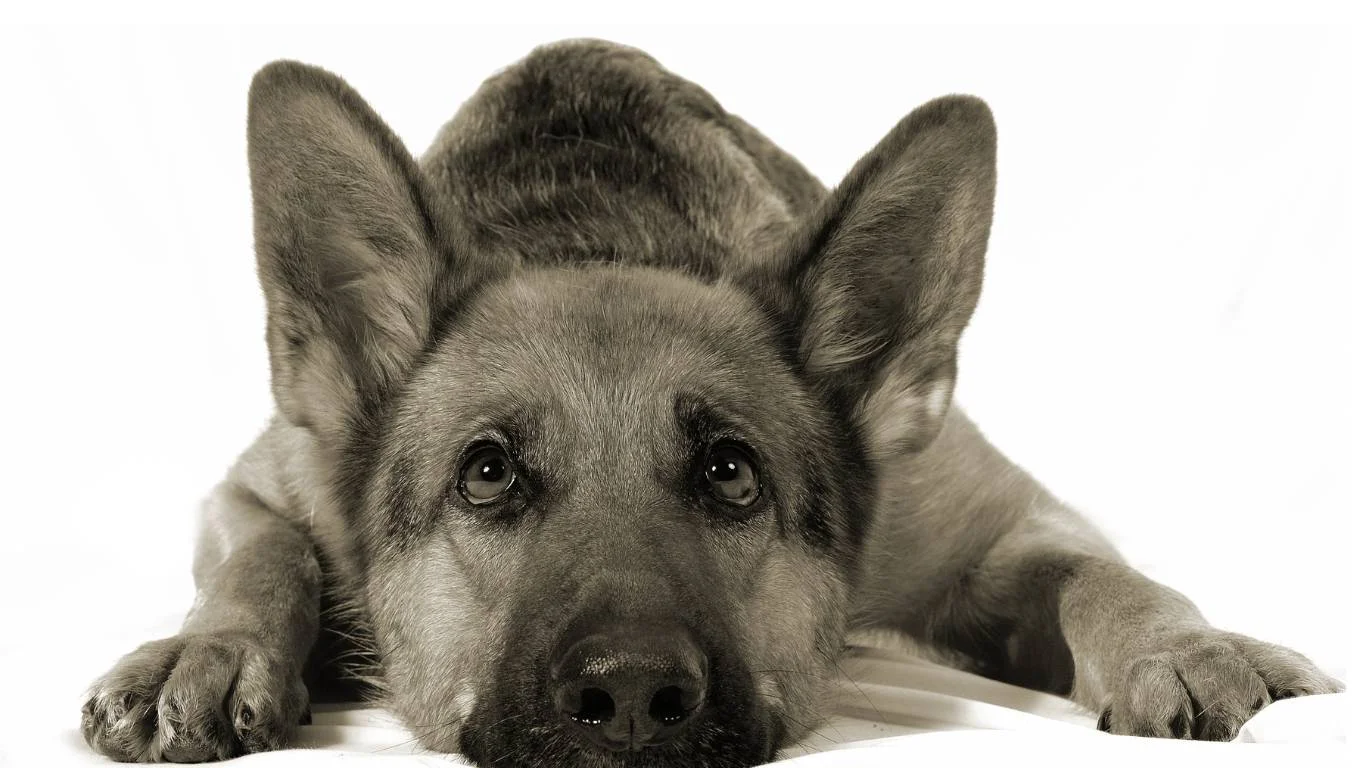
If you notice that your dog is eating poop more frequently, it might be a sign of an underlying medical issue. Certain health problems, such as malabsorption disorders or digestive issues, can cause dogs to eat their own feces. If a dog is not absorbing nutrients properly, they may feel compelled to eat feces in an attempt to get more of the nutrients they need. Additionally, conditions like diabetes, parasites, or even pancreatic insufficiency can lead to this behavior.
4. Behavioral Reasons for Eating Poop
Aside from physical reasons, dogs may eat their own poop simply because of behavioral factors. Puppies, especially, are naturally curious and may experiment by eating feces as part of their exploration of the world around them. In other cases, dogs might engage in this behavior as a way to seek attention from their owners. If your dog notices that you react strongly when they eat poop, they might repeat the behavior to get your attention, whether it’s positive or negative. This can turn into a habit over time, and in some cases, it can become a self-rewarding behavior.
5. Stress or Anxiety Leading to Coprophagia
Just like humans, dogs can experience stress and anxiety. Changes in their environment, such as moving to a new home, the addition of a new family member (human or pet), or a change in their daily routine, can lead to behavioral issues like poop-eating. Dogs that are anxious or stressed might engage in this behavior as a coping mechanism, as it can provide them with a sense of comfort or control in a situation that makes them nervous.
6. How to Handle Coprophagia
If your dog has developed a habit of eating poop, don’t panic! There are a variety of strategies you can try to break the behavior. First, ensure that your dog is on a well-balanced, high-quality diet that meets all of their nutritional needs. If you suspect an underlying medical issue, a visit to the vet is essential to rule out conditions like parasites, malabsorption, or other health concerns.
In addition to improving their diet and addressing any health concerns, you can also work on training and managing the behavior. For example, if your dog is eating feces when you’re not around, consider using a leash to supervise them when they go outside. You can also reward your dog for focusing on something other than feces, like playing with a toy or following basic commands. Positive reinforcement is key!
In my experience, the majority of dogs who engage in coprophagia can be helped by addressing their nutritional needs and implementing positive behavior modification techniques. However, every dog is different, and some may require more patience and consistency than others. If you’re struggling with this issue, don’t hesitate to reach out to your vet or a professional dog trainer who specializes in behavioral problems.
7. Common Misconceptions About Dogs Eating Poop
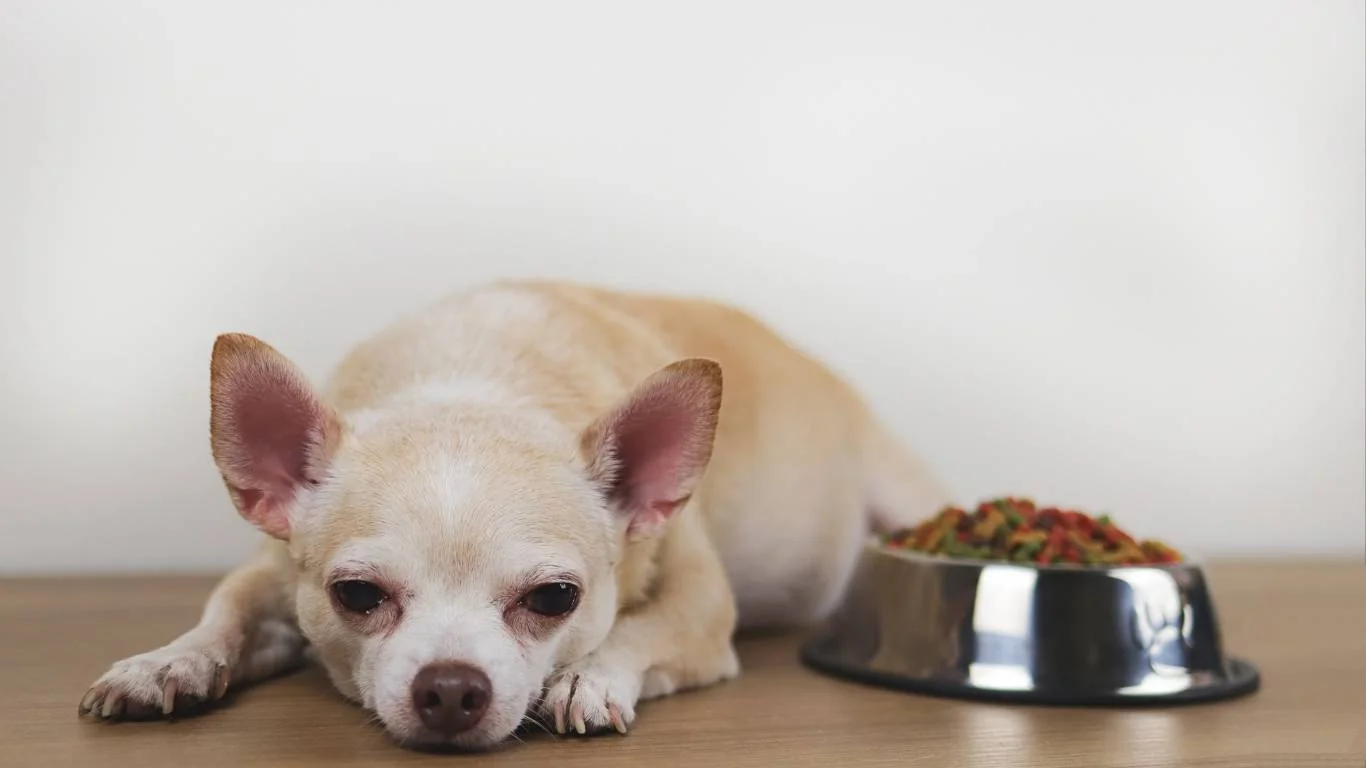
Now that we’ve covered some of the most common reasons behind coprophagia, it’s important to address some misconceptions that pet owners often have when it comes to this behavior. One common myth is that dogs eat their own poop because they’re trying to “punish” their owners. In reality, this couldn’t be further from the truth! Dogs don’t have the same emotional complexities as humans, so they’re not trying to get back at you or make a statement by eating feces. Most of the time, this behavior is rooted in basic survival instincts, health issues, or stress, as we’ve discussed.
Another misconception is that poop-eating is purely a “bad” habit that a dog will just grow out of on their own. While it’s true that some puppies might stop eating poop as they mature, it’s not guaranteed. If the behavior is left unchecked, it could become a long-term habit. Addressing the issue early, with the help of a vet or a professional dog trainer, can make all the difference in helping your dog break the cycle.
8. How to Prevent Your Dog from Eating Poop
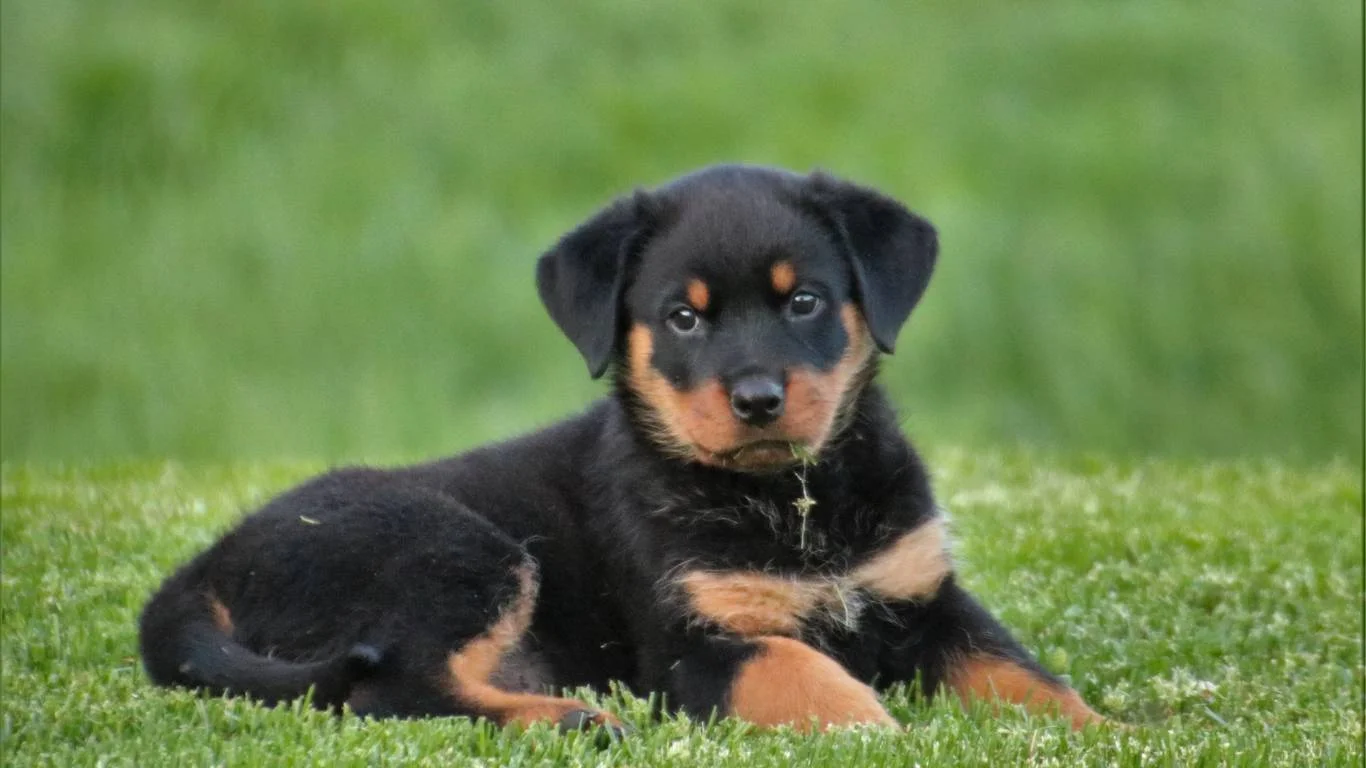
When dealing with coprophagia, prevention is key. As a veterinary assistant, I’ve seen how effective a proactive approach can be in keeping your dog from eating poop in the first place. Here are some steps you can take:
8.1 Maintain a High-Quality Diet
We’ve already discussed how nutritional deficiencies can lead to poop-eating, so it’s important to make sure your dog is eating a balanced, nutritious diet. This can help eliminate any underlying health issues or imbalances that might be contributing to the behavior. It’s worth consulting with your vet to make sure your dog’s food is suitable for their age, breed, and activity level. High-quality dog food will provide the essential nutrients your dog needs and can make a big difference in their overall well-being.
8.2 Clean Up Quickly
One of the simplest ways to prevent coprophagia is to keep your dog’s environment as clean as possible. If you have a yard or a dog run, make sure to pick up your dog’s poop promptly. The longer feces are left outside, the more likely your dog will be tempted to eat it. I know it’s not always the most glamorous part of dog ownership, but regular clean-ups are key in breaking the habit.
8.3 Keep Your Dog on a Leash During Walks
While you might love seeing your dog sniffing and exploring during walks, it’s important to keep them on a leash to avoid potential encounters with poop. Whether it’s their own or another animal’s, being on a leash will give you more control and prevent them from snacking on something unsavory while you’re out and about. As a vet assistant, I’ve seen how effective leashing your dog during walks can be for keeping them focused and reducing the likelihood of poop-eating.
8.4 Positive Reinforcement Training
Training is another great way to prevent poop-eating. Every time your dog passes by a piece of feces and doesn’t eat it, reward them with praise or a treat. This positive reinforcement helps your dog associate good behavior with rewards, encouraging them to focus on something more enjoyable than poop. This method has worked wonders for many dog owners I’ve worked with, and it can be a simple but effective solution for breaking the cycle.
9. Should You Be Concerned If Your Dog Keeps Eating Poop?
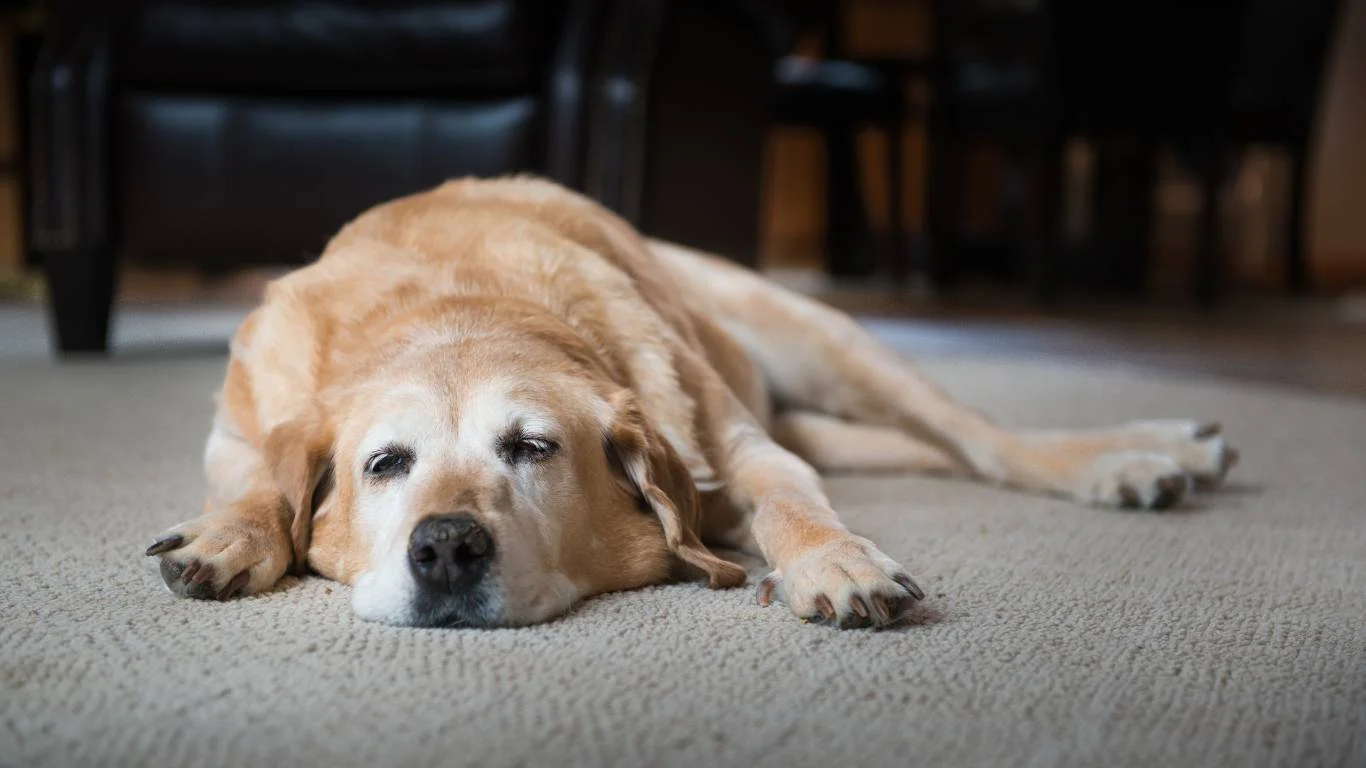
At this point, you may be wondering: should I be seriously concerned if my dog continues eating their poop despite all the preventive measures? The short answer is, it depends. If your dog’s poop-eating is infrequent and they’re otherwise healthy, it may not be something to stress over. However, if the behavior persists and seems to be escalating, it’s important to consult with your vet.
In my experience, it’s always a good idea to rule out medical conditions first. Dogs with underlying health issues—such as parasites, malabsorption problems, or digestive disorders—are more likely to engage in this behavior. So, if you’re noticing that your dog’s poop-eating is becoming more frequent or if you see other concerning signs like weight loss, lethargy, or changes in their stool, it’s time to visit the vet for a thorough check-up.
9.1 What to Expect During a Vet Visit
When you bring your dog to the vet for poop-eating concerns, your veterinarian will likely ask you about your dog’s overall health, diet, and any recent changes in behavior. The vet may also perform a physical exam and run some tests to rule out health problems like parasites or malabsorption. In some cases, your vet may suggest blood work or fecal exams to ensure your dog’s digestive system is functioning properly.
If the vet suspects that your dog’s poop-eating is behavior-based, they may recommend consulting a dog trainer or behaviorist who can work with you on addressing the issue. The key here is to be patient and follow through with the suggested treatment plan, whether it involves changes to your dog’s diet, behavior modification, or even medication.
Remember, poop-eating is not usually a sign of a malicious dog trying to annoy you. It’s often a result of instincts, health concerns, or behavior that can be addressed with the right approach. So, don’t be discouraged—your dog can break the habit with some patience, understanding, and the right support from your vet.
10. Coprophagia in Puppies vs. Adult Dogs
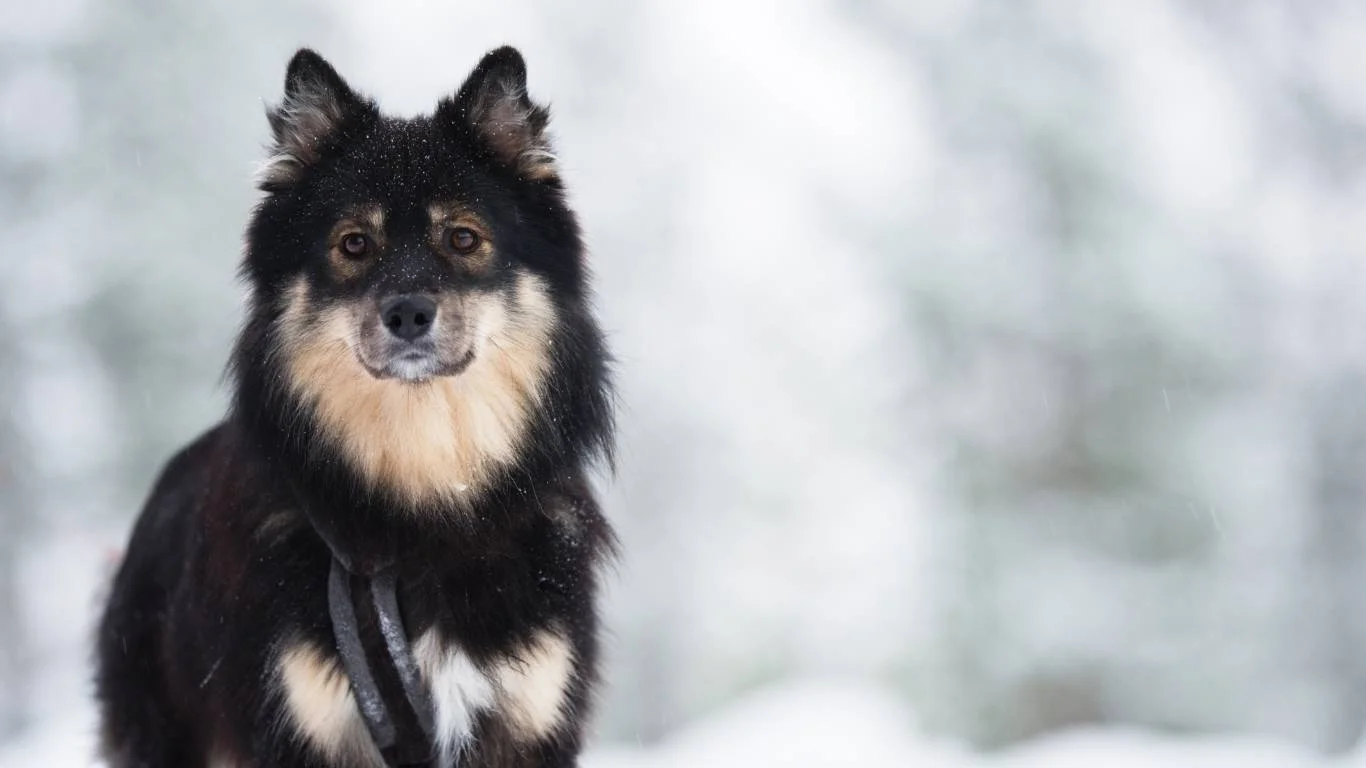
One thing that I’ve noticed in my work as a veterinary assistant is that coprophagia is more common in puppies than adult dogs. Puppies are naturally curious and, as they explore their world, they often put anything and everything in their mouths—including feces. It’s part of their developmental stage, and most of the time, they grow out of this behavior as they mature.
However, just because this behavior is more common in puppies doesn’t mean it’s always harmless. While puppies may outgrow the habit, it’s still important to address it early, especially if the behavior seems persistent or if it’s accompanied by other concerning signs like poor appetite or digestive issues. As puppies are more vulnerable to certain health conditions, you don’t want to ignore any potential medical causes for their poop-eating behavior.
On the flip side, when adult dogs eat poop, it’s usually due to other factors, such as behavioral or health-related issues. As adult dogs are less likely to engage in curiosity-driven behaviors like puppies, their poop-eating habit could be more ingrained and harder to break. This is why addressing the behavior as soon as possible is critical in adult dogs to prevent it from becoming a more serious problem.
11. Home Remedies and Supplements That Might Help

If you’ve already tried the traditional methods of preventing coprophagia (like diet improvements and training), you may want to consider some natural remedies or supplements that can help discourage this behavior. Over the years, I’ve seen a variety of solutions work for different dogs, and while not every remedy works for every dog, it’s worth trying them out with your vet’s guidance.
11.1 Adding Pineapple to Your Dog’s Diet
One popular home remedy I’ve heard from many dog owners is adding pineapple to their dog’s diet. Pineapple contains an enzyme called bromelain, which can make poop taste unpleasant to dogs. The idea is that when your dog eats pineapple, it will pass through their system and make their stool taste bitter, discouraging them from eating it. While it’s not a surefire fix for every dog, some owners have reported success with this method, and it’s certainly a safe option to try under the supervision of your vet.
11.2 Using Coprophagia Deterrents
There are also coprophagia deterrent products available on the market. These are usually powders or sprays that you add to your dog’s food. They contain ingredients that make your dog’s stool taste bad, which can deter them from eating it. Some common ingredients in these products include digestive enzymes, garlic powder, or yeast. I’ve seen some clients have good results with these deterrents, but as with any supplement, it’s important to check with your vet before trying them out to ensure they’re safe and suitable for your dog.
11.3 Probiotics and Digestive Enzymes
Probiotics and digestive enzymes can also be beneficial if your dog is eating poop due to digestive issues. These supplements can help improve your dog’s gut health and help them absorb nutrients more effectively, potentially reducing their desire to eat feces. In some cases, dogs who have digestive disorders may be more prone to coprophagia, and adding probiotics to their diet can make a big difference. Again, I highly recommend consulting your vet before starting your dog on any new supplements to ensure you’re addressing the root cause of the behavior.
12. When to Consult a Veterinary Behaviorist
If you’ve tried everything and your dog’s poop-eating habit continues, it may be time to consult with a veterinary behaviorist. A behaviorist is a professional who specializes in the treatment of behavioral problems in pets, and they can help you figure out the best course of action for your dog. They may recommend behavior modification strategies tailored specifically to your dog’s situation, and they can work with you to implement these strategies in a way that encourages positive behavior.
In my experience, veterinary behaviorists are a great resource when traditional methods don’t seem to work. They can provide you with insight into why your dog might be engaging in coprophagia and suggest more advanced training techniques to break the habit. This might involve a combination of positive reinforcement, desensitization, and redirection techniques that can take time but are highly effective in the long run.
13. A Note on Coprophagia and Multi-Dog Households
If you have more than one dog, you might notice that one dog is eating the poop of another dog in your household. This can sometimes happen when dogs are left outside together, and one dog may be attracted to the feces of another. The causes of this behavior are generally the same as with eating their own poop, but there are some added complexities when multiple dogs are involved.
If this is the case, it’s especially important to monitor your dogs closely and make sure they’re not developing the habit of eating each other’s poop. It’s also a good idea to train all of your dogs to avoid feces and to supervise them when they’re outside. In some cases, separating your dogs during potty breaks and cleaning up immediately can help prevent this behavior from becoming a problem in multi-dog households.
14. References and Resources
For more information on coprophagia and dog health, I recommend checking out the following resources:
15. Disclaimer
It’s important to note that this article is intended for informational purposes only and should not be used as a substitute for professional veterinary advice. If your dog is exhibiting signs of coprophagia or any other behavioral or health concerns, I recommend contacting your veterinarian for a thorough evaluation and personalized advice.
